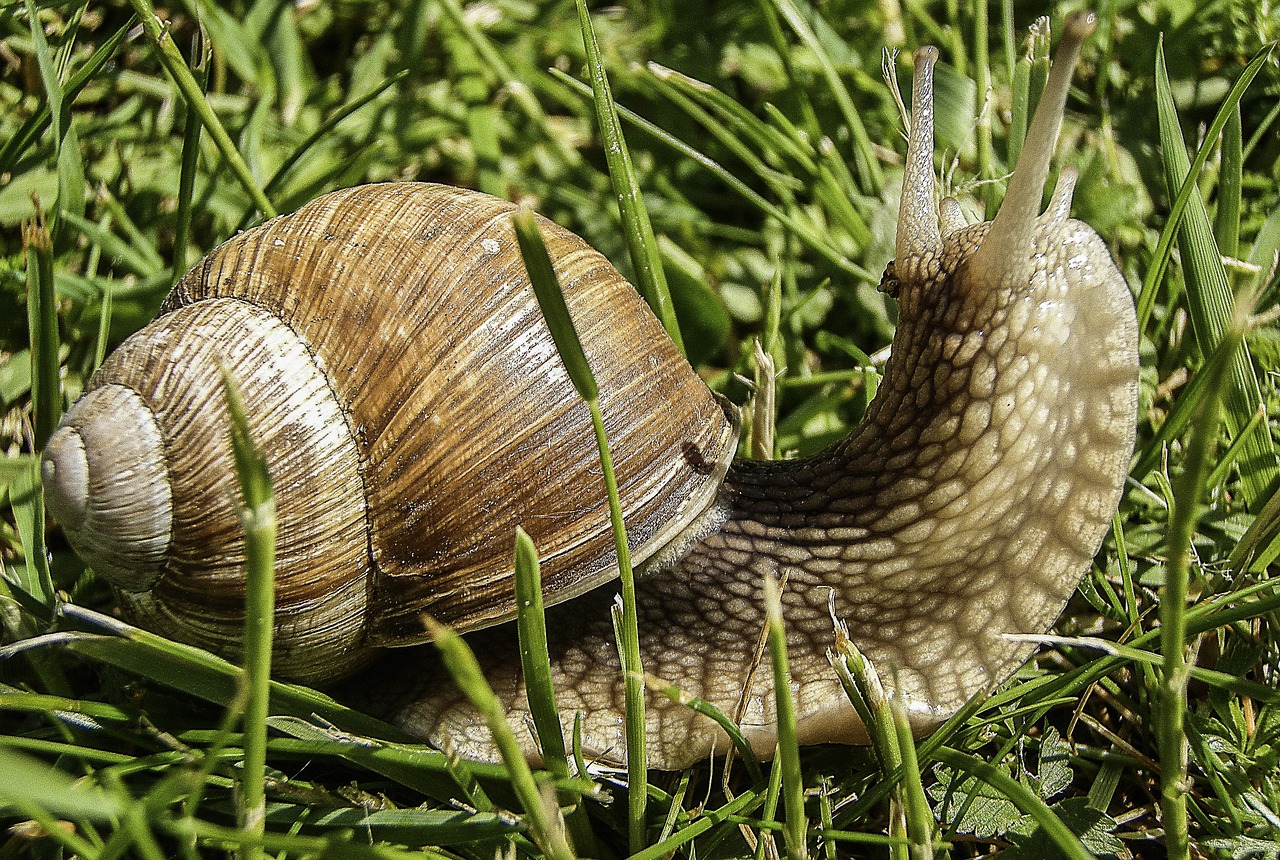Scientists have employed garden snails to fight antibiotic resistance, cancers, scars and skin blemishes, and to produce faster-acting insulin.
Until now, the slime of the Giant African Land Snail (GALS) also called African land Tiger snail (Achatina achatina) has been employed by traditional medicine practitioners in the treatment of asthma and hypertension.
The Gastropoda or gastropods, more commonly known as snails and slugs, are a large taxonomic class within the phylum Mollusca. The small grey snail, Cryptomphalus aspersa also called Helix aspersa, is one of the over 20 edible species of snail found in Europe and North America.
Read Also: Handwashing without soap a waste – UNICEF
Snail meat of these species is known as ‘escargot’ in France; snail meat of GALS is sometimes exported from Africa and sold as ‘escargot achantine.’GALS also called African land Tiger snails, more specifically the species Achatina achatina, Achatina fulica and Achatina marginata. These belong to the family Achatinidae. GALS is called katantawa in Hausa, ejula in Ibo, and ilako or isan in Yoruba.
Researchers from Michael Okpara University Of Agriculture, Umudike, Abia State have studied the nutrient composition of the flesh of GALS.The proximate analysis revealed that the snail sample is a high protein source but low in fat. The analysis for the mineral composition revealed that it has reasonable values of calcium, potassium and sodium. The essential elements such as phosphorus, magnesium, iron and zinc were also detected. The calcium/phosphorous (Ca/P) ratio (4.18) is very good. However, the sodium/potassium (Na/K) ratio (1.68) gives room for much concern and especially in the diets of people who are prone to high blood pressure.
Analysis for the vitamin composition revealed that it has appreciable values of vitamin A, riboflavin and niacin. The researchers said snail meat is a high protein source and can serve as a suitable substitute for beef and chicken meats, as well as fish, in providing essential nutrients for good health.

